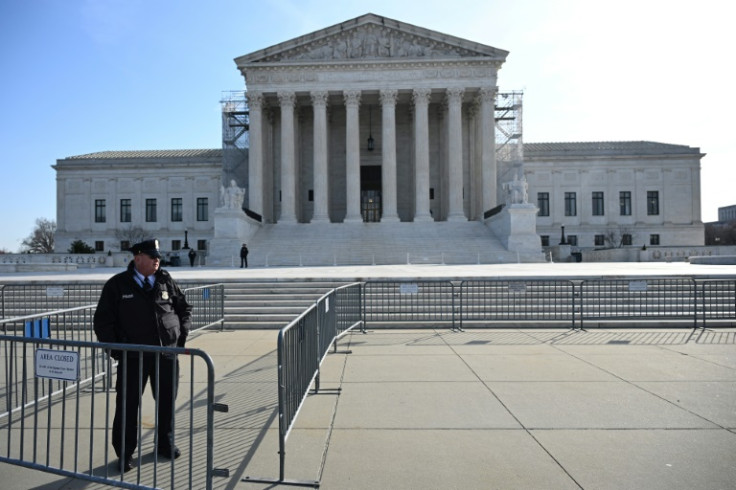
The Supreme Court is set to review a significant constitutional challenge to state bans on gender-affirming care for minors, a decision that could have widespread implications across the U.S. The announcement, made Monday, comes as part of the Court's next term, spotlighting a contentious issue that has seen extensive legislative action in various states.
The case in question originates from Tennessee and involves a 15-year-old transgender girl whose parents, Samantha and Brian Williams, argue that Senate Bill 1 (SB 1) violates the Equal Protection Clause of the 14th Amendment. The law, enacted in March 2023, restricts access to puberty blockers, hormone therapies, and certain surgeries for minors diagnosed with gender dysphoria, permitting these treatments only for other medical conditions such as precocious puberty or congenital defects.
According to ABC News, the Williams family contends that SB 1 discriminates against transgender youth by denying them medically necessary care that is available to non-transgender minors. "It was incredibly painful watching my child struggle before we were able to get her the life-saving health care she needed," Samantha Williams stated. "We have a confident, happy daughter now, who is free to be herself and she is thriving." The family fears the law will force them to either leave Tennessee or frequently travel out of state to obtain necessary medical care.
CBS News reports that the Justice Department has intervened in support of the plaintiffs, asserting that the law exceeds the bounds of the 14th Amendment. The case, to be argued in the Supreme Court's term beginning in October, is expected to be decided by June 2025. This ruling could impact over 20 states that have enacted similar bans on gender-affirming care for minors.
The legal landscape around these bans is varied. A federal district court initially blocked the enforcement of Tennessee's law, but this decision was later reversed by the U.S. Court of Appeals for the 6th Circuit. The appellate court upheld not only Tennessee's law but also a similar ban in Kentucky, citing the evolving nature of treatments for gender dysphoria and the potential long-term consequences of such medical interventions.
Governor Bill Lee of Tennessee has defended SB 1, emphasizing the state's role in protecting children from making "permanent, life-altering decisions." His stance is shared by Republican lawmakers in other states with similar legislation, who argue that medical standards and procedures should be regulated at the state level.
However, the medical community overwhelmingly supports gender-affirming care as safe, effective, and medically necessary. Major organizations, including the American Academy of Pediatrics and the American Medical Association, advocate for these treatments. Research published in the New England Journal of Medicine indicates that hormone therapy can significantly improve the mental health of transgender adolescents.
LGBTQ advocates, such as Human Rights Campaign President Kelley Robinson, have urged the Supreme Court to ensure access to gender-affirming care. "Everyone deserves access to the medical care that they need, and transgender and non-binary young people are no exception," Robinson said. "These dangerous bans have forced families to make heartbreaking decisions to support their children."







